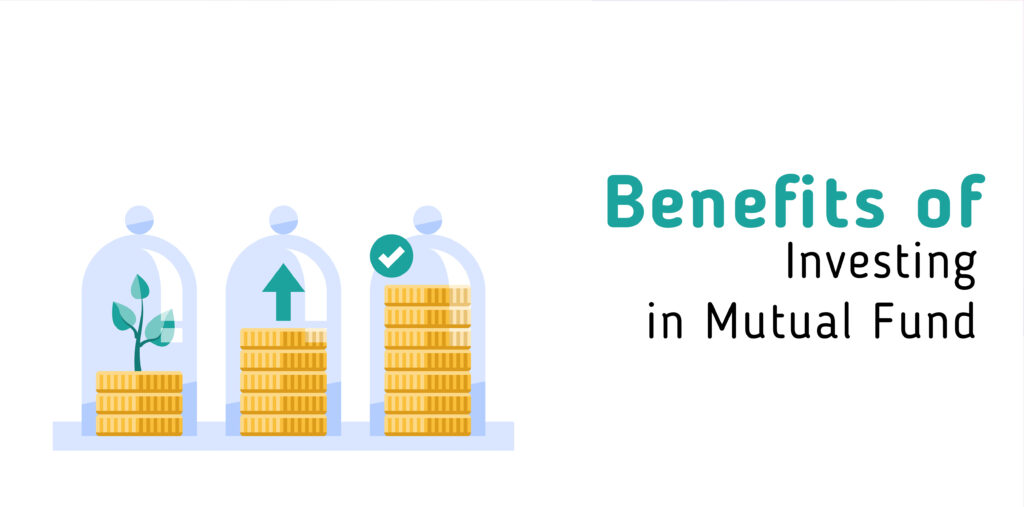Introduction:
Index funds, a passive investment approach that mimics the performance of a market index like the S&P 500, have been increasingly popular in recent years. By investing in an index fund, an investor can achieve broad market exposure and low-cost diversification without needing to pick individual stocks. They are mainly passive investments by diversifying portfolio for low investment approach of the investors. In this article, we will explore the meaning and definition of index funds, how they work, who should invest in them, the benefits and advantages of index funds, and the risks associated with investing in them.
Meaning and Definition:
An index fund is a mutual fund or exchange-traded fund (ETF) that tries to replicate the performance of a specific market index. The index fund invests in similar stocks in the same ratio as the underlying index. Consider an S&P 500 index fund, which would invest in the same 500 stocks at the same ratio as the S&P 500 index. In order to track the market index with passive investments and minimal in-depth study & analysis, they primarily use index funds.
How Do They Work and Who Should Invest:
Tracking the performance of an index is how index funds operate. The fund manager will acquire and hold each stock in the index in the exact same ratio as the index. Hence, a portfolio that is well-diversified and performs like the index is produced. For long-term investors seeking low-cost, wide market exposure, index funds are the most suitable option.
Benefits and Advantages:
Investing in index funds has a number of advantages and rewards. Firstly, index funds offer broad market exposure and diversification. By investing in an index fund, an investor can gain exposure to hundreds or thousands of stocks across multiple sectors, resulting in a well-diversified portfolio. Second, compared to actively managed funds, index funds charge lower costs. This is because index funds do not require extensive research or analysis, resulting in lower management fees. Last but not least, historically speaking, actively managed funds have underperformed index funds over the long run. This is because active fund managers typically underperform their benchmark index due to higher fees and the inability to consistently beat the market.
Risks of Index Funds and Tracking Error:
While index funds have many benefits, there are also some risks associated with investing in them. First, market risk is an indispensable factor for index funds. This means that if the index performs poorly, the index fund will also perform poorly. Secondly, index funds are subject to tracking error. This distinguishes the index’s performance from that of the index fund. It is a measurement of the variance in performance between an index fund and its underlying index. It is the outcome of several aspects like transaction costs, management fees, and other expenditures related to administering the fund. There are many factors, including fund management costs, the cash drag effect, and a high cash allocation, that might contribute to tracking inaccuracies. Investors should carefully evaluate tracking inaccuracy and make sure that it is in line with their investment goals and risk tolerance when choosing an index net. Many factors, including fees, cash holdings, and trading costs, might contribute to tracking mistake.
Index Funds vs ETF:
Exchange-traded funds (ETFs) and index funds both seek to replicate the performance of a specific index. Yet, there are some notable contrasts between the two. First off, because ETFs are traded on stock exchanges, they can be purchased and sold at market prices at any time of the day. On the other hand, index funds are valued at the close of trade. Second, compared to index funds, ETFs are more tax-efficient. This is due to the fact that ETFs can be purchased and sold without resulting in a capital gains tax. Lastly, ETFs typically have lower expense ratios compared to index funds.
Conclusion:
In conclusion, index funds are an excellent investment option for long-term investors looking for broad market exposure and low fees. They offer many benefits such as diversification, low fees, and historical outperformance. However, investors should also be aware of the risks associated with investing in index funds, such as market risk and tracking error. Ultimately, the decision to invest in an index fund or ETF will depend on an investor’s individual preferences and investment goals.






